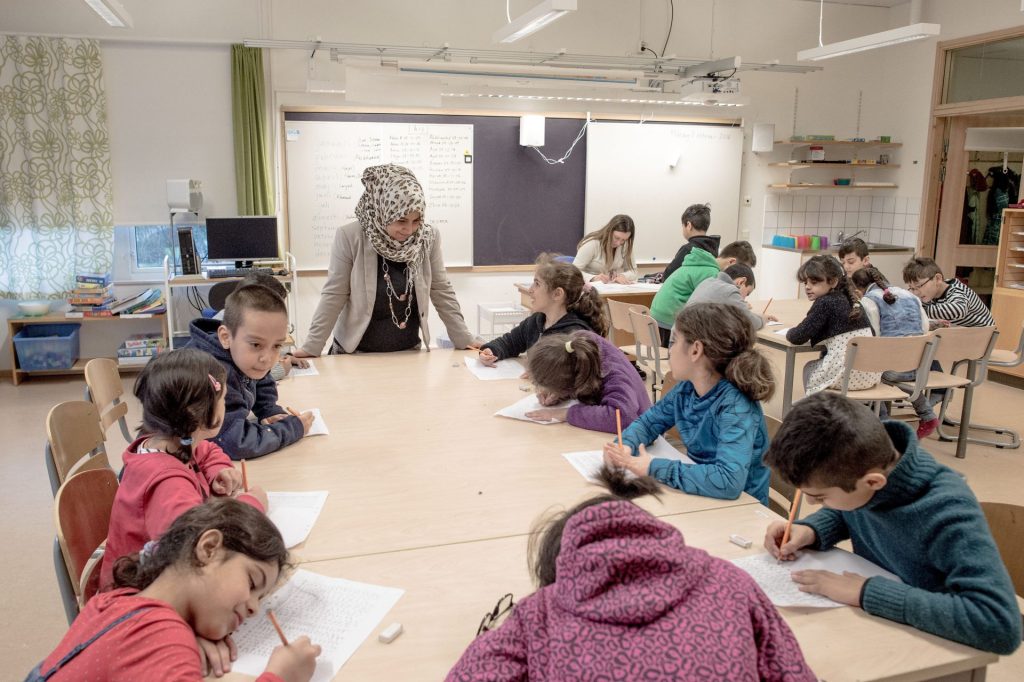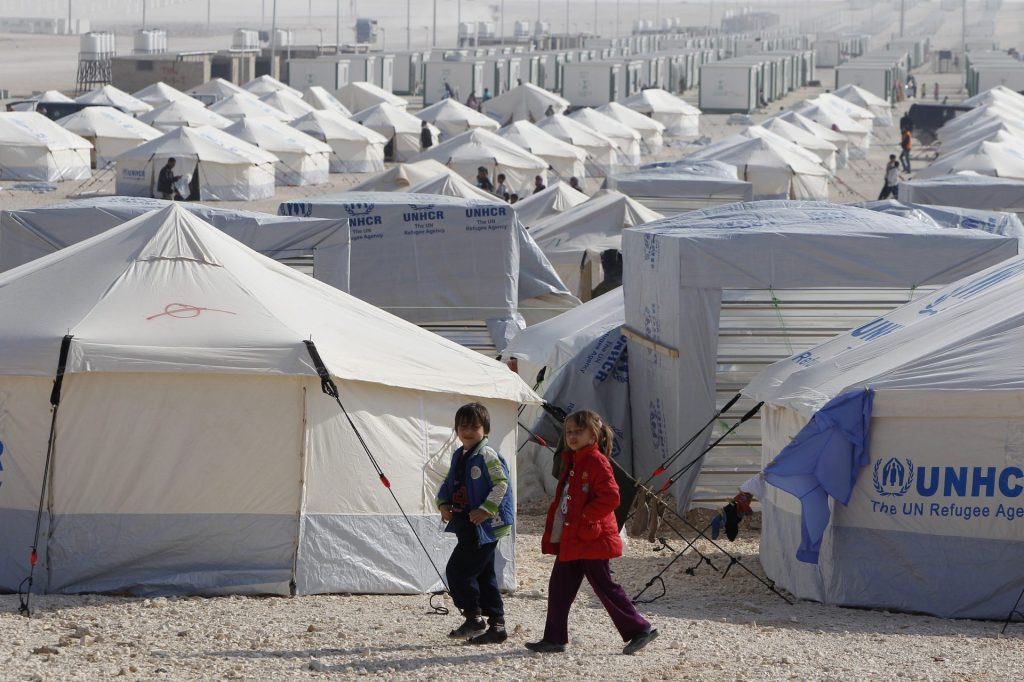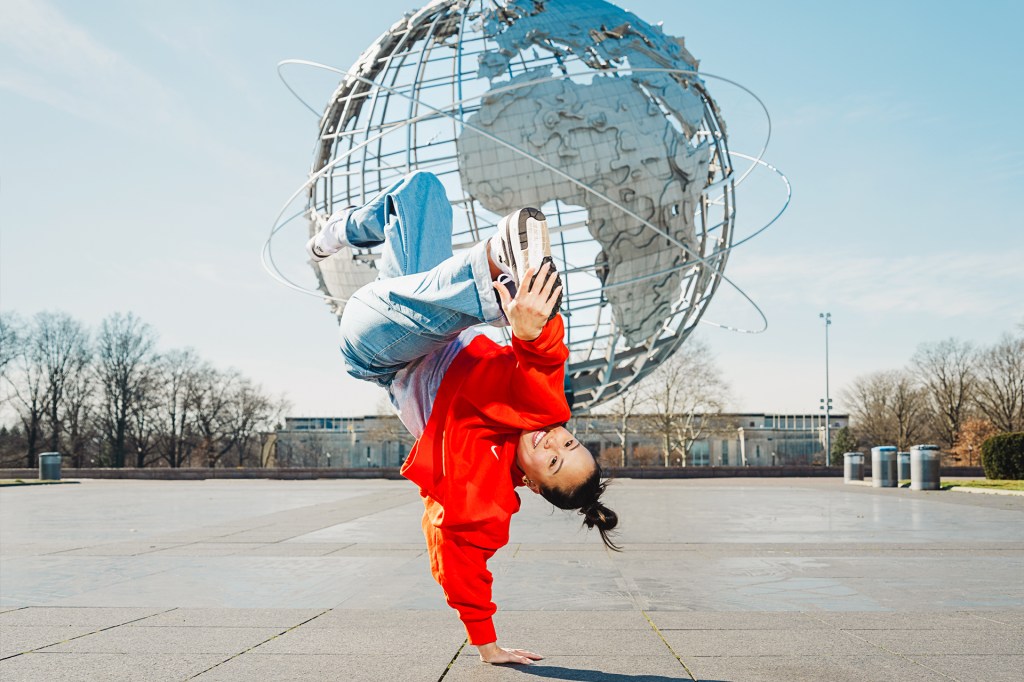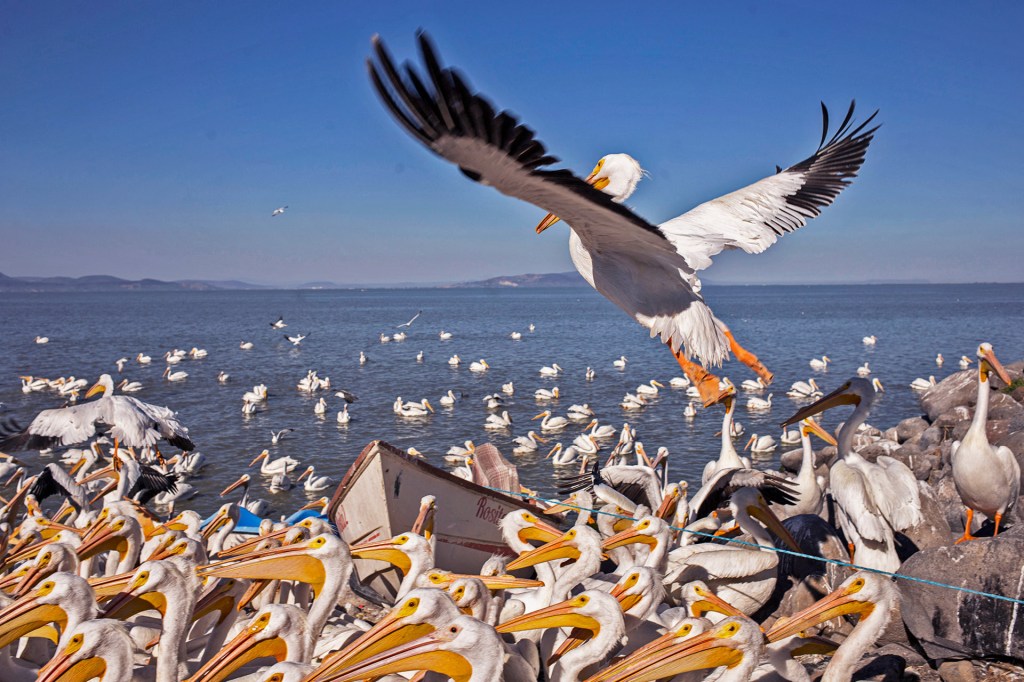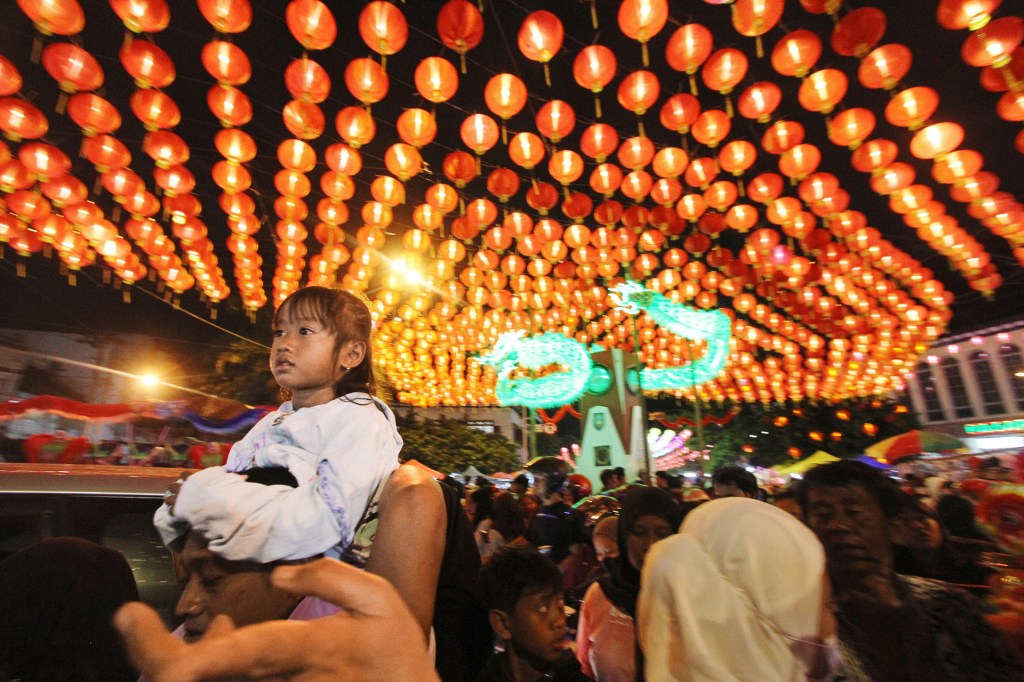
A tent is up. The stage is set. Speakers have polished their presentations. It’s all part of the preparation for TEDxKakumaCamp, which takes place Saturday, June 9, in a schoolyard at Kakuma refugee camp, in Kenya. The conference is the first of its kind to be held at a refugee camp.
“Kakuma really exemplifies all of the [parts] of the global refugee crisis,” event co-organizer Dana Hughes told TIME for Kids. She works for UNHCR, the United Nations Refugee Agency. “It has over 185,000 refugees from 19 nationalities.” That includes people from South Sudan, Somalia, and Ethiopia.
Worldwide, there are nearly 22.5 million refugees. The majority come from just three countries: Syria, Afghanistan, and South Sudan, Kenya’s neighbor to the northwest. When refugees are forced to leave their home country because of conflict or war, refugee camps provide a safe place to live. “[Kakuma camp has] been in existence over 25 years, and yet people are still arriving almost every day,” Hughes says.
Meet the Speakers

SHINING BRIGHT Somali-American model Halima Aden was born at Kakuma refugee camp. She returns to the camp for the first time for TEDxKakumaCamp.
NOAM GALAI—WIREIMAGEThe theme of TEDxKakumaCamp is “Thrive.” Speakers include current and former refugees. One is Somali-American model Halima Aden. In 2016, Aden made headlines when she became the first contestant in the Miss Minnesota U.S.A. pageant to compete in a hijab. That’s a head covering worn by some Muslim women. Soon after, she became the first hijab-wearing model to appear in major fashion shows in New York City and Milan, Italy.
“She represents hope,” Hughes says. “What she stands for is holding true to your values but never forgetting who you are and where you came from.”
Aden was born in Kakuma. She resettled in the United States when she was 7. Now 20, she is returning to the camp for the first time.
“I want to go back to the camp,” Aden told a British fashion magazine earlier this year. “It’s important for people to see others who have left. I want to say, ‘I’m here! I’ve lived a day in your life’.”
Olympian Yiech Pur Biel will also speak at TEDxKakumaCamp. Forced to flee South Sudan at age 9, he eventually settled in Kakuma. Today, he lives at an Olympic training facility outside Kenya’s capital, Nairobi. His adoptive family still lives at the camp. That is where Biel got his start as a sprinter. “The first time that he ran he didn’t have shoes. He had blisters on his feet,” Hughes says. “Fast-forward maybe a year and he’s on an Olympic stage.”
In 2016, Biel competed in the 2016 Summer Games, in Rio de Janeiro, Brazil, as one of 10 members of the first-ever Refugee Olympic Team. “Being a refugee is only a name,” Biel said at the time. “But when you carry the flag of refugees, you are telling the world that we are refugees. We are human beings like other people. You see?”
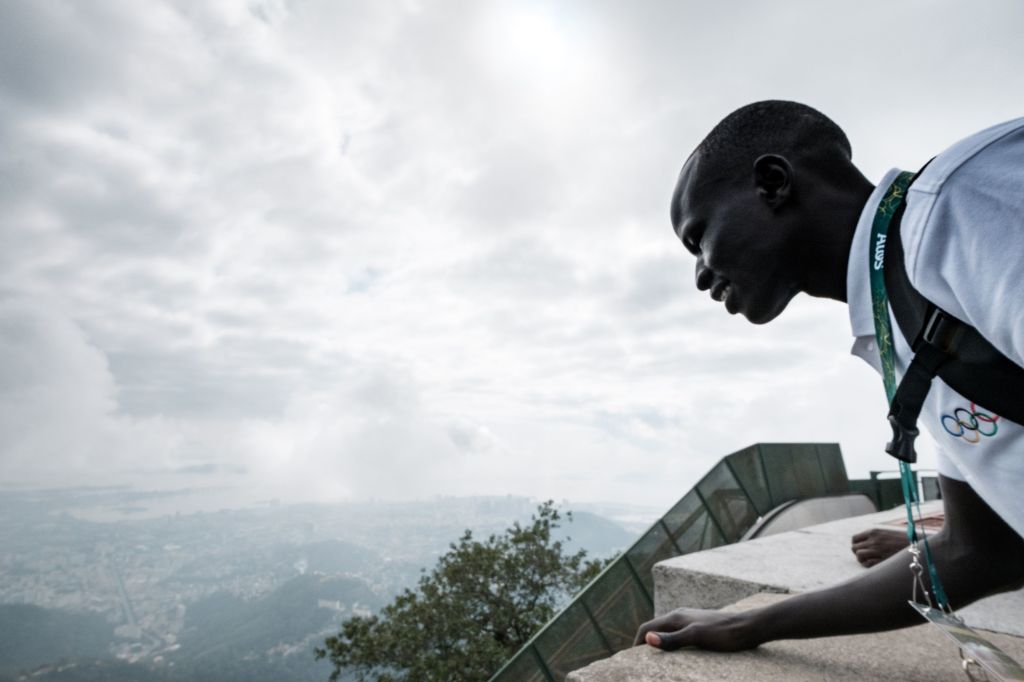
NEW HORIZONS TEDxKakumaCamp speaker Yiech Pur Biel surveys Rio de Janeiro, Brazil, in 2016. He was there to compete as part of the first-ever Refugee Olympic Team.
YASUYOSHI CHIBA—AFP/GETTY IMAGESLike Biel, TEDxKakumaCamp speaker Mary Nyiriak Maker is also from South Sudan. She’ll be the first to take the stage. “I believe education heals, and for the children of war, education can turn the tears of loss into a passion for peace,” she says in a promotional video for the event.
“She was ready to give up,” Hughes says as she explains how Maker was affected by the loss of her parents. Encouraged by a friend to pursue her education, Maker not only graduated at the top of her class, she went on to teach business and biology at Kakuma Secondary School. Today, Maker is studying in Rwanda and looking toward the future.
“This is a group of young people who have had many obstacles in life and every reason to give up, Hughes says. “But they never did.”
Watch and Learn
The event, which will be live-streamed, kicks off at 10:00 a.m. in Kenya. In the United States, that’s a start time of 3 a.m. Eastern/12 a.m. Pacific. Can’t stay up that late? Videos of individual talks will be posted online. For details, go to tedxkakumacamp.org.
“Kakuma is thriving with creative minds and innovators,” Hughes says. “You can find anyone here. You meet talented football players, artists, singers, dancers, farmers, fashion designers, models. These are really the true faces of Kakuma, and they tell stories of hope and inspiration and resilience.”
This story was supported by a grant from the Pulitzer Center on Crisis Reporting.




